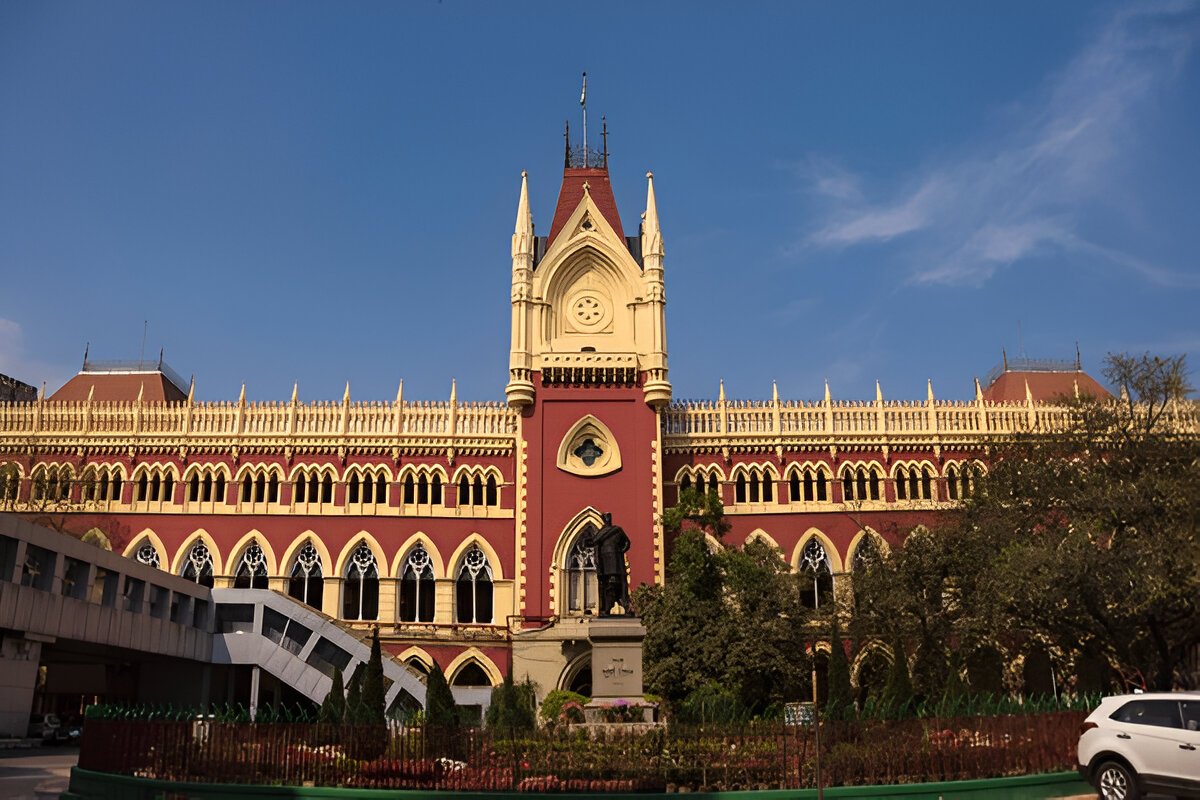Introduction
In a significant order balancing religious freedom with public interest and administrative law, the Calcutta High Court on April 11, 2025, refused to allow the Hindu Sewa Dal to organize a mass recital of the Hanuman Chalisa on Red Road, a prominent public thoroughfare in Kolkata. The petition had requested permission to hold the event on Hanuman Jayanti, with an anticipated turnout of approximately 3,000 participants.
The case highlights the evolving judicial approach toward the use of public spaces for religious events, particularly when no established tradition or legal precedent exists for such usage.
Background of the Case
The Hindu Sewa Dal submitted a writ petition seeking the Court’s intervention after being denied permission by the administrative authorities to organize a Hanuman Chalisa recital on Red Road between 5:00 AM and 11:00 AM on April 12. The petitioners claimed that they had secured necessary clearances from the Army, which oversees a portion of the Red Road area, and argued that similar religious or cultural events—such as Durga Puja immersion rallies and Eid prayers—had previously been permitted on Red Road.
They contended that denial of permission constituted an infringement on their fundamental rights under **Article 25 of the Constitution**, which guarantees the right to freely profess, practice, and propagate religion.
Court’s Reasoning and Observations
Justice Tirthankar Ghosh, presiding over the matter, emphasized the importance of establishing a legal or customary right when seeking to use a major public artery for a one-time religious event. The Court noted that there was no historical precedent or constitutional right that allowed the petitioner to claim access to Red Road for the proposed activity.
“Why is Red Road being used? Custom, culture? I have got no issues, but you have to establish rights,” Justice Ghosh remarked during the hearing.
He further added that while the Court respected the right to religious expression, such rights must be balanced against the need to regulate traffic, ensure public order, and protect the neutrality of public spaces.
The judge was critical of both the petitioner’s inability to demonstrate any prior established usage of the space for similar purposes and of the authorities for not offering a clearer justification. Nonetheless, the administrative and traffic concerns presented by the Kolkata Police were considered legitimate in the absence of a compelling right claimed by the petitioner.
Arguments by the Kolkata Police
The Kolkata Police submitted that Red Road serves as one of the city’s main traffic arteries, and any large gathering or procession on that route—especially during morning hours—would severely disrupt traffic and pose public safety challenges. They proposed that the Hindu Sewa Dal consider alternative venues that would be more suitable and less disruptive.
The police also expressed concerns about crowd control, potential communal tensions, and the logistical difficulties of managing thousands of attendees in an area that functions as a civic and ceremonial hub.
Legal Principles at Play
This case raised crucial questions regarding:
Fundamental Rights vs. Regulatory Powers: While Article 25 guarantees religious freedom, the State is permitted under Article 25(2) to regulate or restrict any economic, financial, political, or other secular activity associated with religious practice in the interest of public order, morality, and health.
Right to Public Assembly: Article 19(1)(b) grants citizens the right to assemble peaceably and without arms. However, this right is not absolute and is subject to reasonable restrictions under Article 19(3), particularly when it comes to maintaining public order or the sovereignty and integrity of India.
Doctrine of Proportionality: The Court appears to have applied the principle that restrictions on fundamental rights must be proportional to the intended goal—in this case, preventing traffic disruption and maintaining public order.
Conclusion and Implications
The Calcutta High Court's refusal to allow the recital on Red Road marks an important reiteration of the principle that religious freedoms, though constitutionally protected, are not unfettered, especially in the context of shared public spaces. Organizers of religious events must demonstrate either an established practice or a compelling legal right when seeking to utilize high-security or high-traffic public venues.
This judgment is likely to serve as a precedent for future cases involving religious or political use of civic infrastructure, reinforcing the idea that administrative convenience and public interest can take precedence when religious events are proposed in sensitive or congested urban areas.

